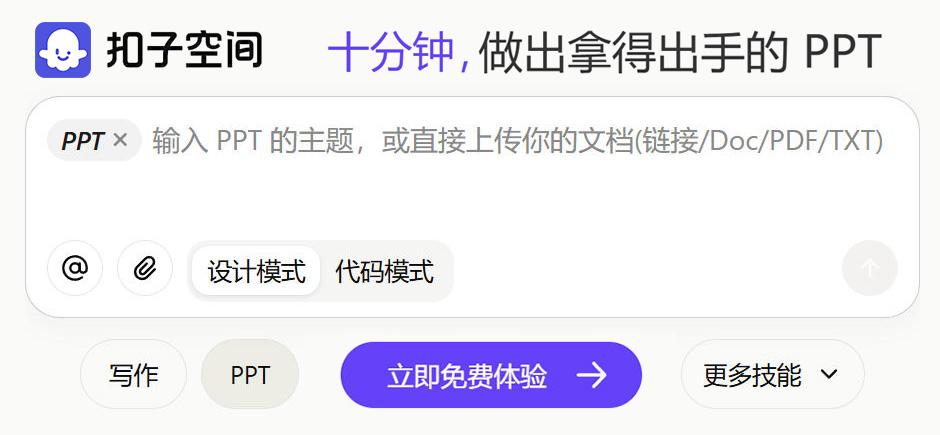TrAIler Music: The Future of Sound in Film and Video Games
In the rapidly evolving landscape of digital media, trailer music has become an essential component of storytelling. From blockbuster films to indie games, a well-crafted trailer can capture the audience’s attention, set the tone, and even influence the emotional response of viewers. As technology advances, especially with the rise of AI, the way music is created and used in trailers is transforming. AI-generated trailer music is not just a trend—it’s a powerful tool that offers new possibilities for creators, sound designers, and even film producers.
AI music generation is revolutionizing the music industry, and its applications in trailer creation are particularly noteworthy. Traditional music composition is time-consuming, expensive, and often limited by the creatiViTy of a single artist. In contrast, AI-powered tools can analyze vast datasets of music, learn from existing compositions, and generate original tracks that match the tone and mood of a specific project. This ability to create music on the fly makes it an invaluable asset for filmmakers and game developers who need to craft compelling trailers with limited time and resources.
The key to successful AI-generated trailer music lies in the use of customizable prompts and contextual cues. A well-structured prompt allows the AI to understand the genre, tempo, key, and emotional weight of the music. For example, a film trailer that needs to evoke suspense and tension might require a slow, haunting melody with a low, ominous bassline. Conversely, a game trailer might benefit from a more energetic, upbeat track that matches the game’s action-packed gameplay.
Properly Structured Prompts are crucial for achieving the desired effect. A typical prompt might include parameters such as:
- Genre: E.g., “Orchestral, dramatic, suspenseful”
- Tempo: E.g., “Slow, 60 BPM”
- Key: E.g., “C minor, with a minor third interval”
- Instrumentation: E.g., “Strings, piano, ambient reverb”
- Mood: E.g., “Tense, mysterious, slightly melancholic”
These parameters guide the AI to generate music that aligns with the project’s vision. However, it’s not just about technical parameters—it’s also about contextual understanding. A trailer’s music should reflect the story being told, the characters involved, and the setting. This requires the AI to not only process the given inputs but also to infer the emotional and narrative intent behind them.
Another important aspect is audio mixing and editing. While AI can generate the base track, it’s not sufficient to create a fully realized trailer. The final product often requires human input to adjust levels, add effects, and ensure the music complements the visual elements. This hybrid approach—combining AI-generated music with human expertise—provides the best of both worlds: efficiency and artistic integrity.
Moreover, the rise of AI tools like AIVA, Amper Music, and Reaper has made it more accessible for creators to experiment with music generation. These platforms allow users to input specific instructions and receive high-quality audio in a matter of minutes. For filmmakers and game developers, this means they can save time, reduce costs, and focus more on the creative aspects of their projects.
However, it’s important to recognize the limitations of AI-generated music. While it can produce impressive results, it cannot replicate the emotional depth and nuance that human composers bring to their work. A well-crafted trailer requires a balance between technical precision and artistic expression. Therefore, AI should be used as a tool rather than a replacement for human creativity.
In conclusion, AI-generated trailer music is reshaping the way we create and experience sound in film and video games. With the right prompts and a nuanced understanding of context, AI can produce music that enhances storytelling and captivates audiences. As the technology continues to evolve, the future of trailer music will likely be defined by the seamless integration of AI and human creativity.
Customizable prompts, contextual cues, and hybrid approaches are the cornerstones of successful AI-generated trailer music. By leveraging these elements, creators can craft compelling soundscapes that resonate with viewers and elevate the impact of their projects.








 津公网安备12011002023007号
津公网安备12011002023007号